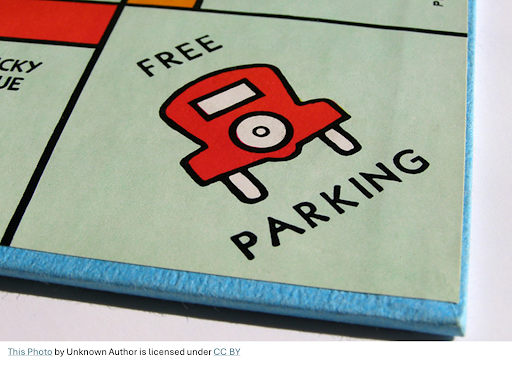It has been over a year since Amendment 64 was approved by Colorado voters, and marijuana has subsequently become legal for recreational use by adults aged 21 and older. The legalization process has left a gaping question that remains unanswered: whether the process has resulted in an uptick in the number of stoned driving cases in the state. Understanding whether it has or has not is impossible right now due to the lack of classifying the cases separately in the legal system. A new procedure needs to be implemented so the impact of legalization can be assessed in terms of driving safety in Colorado.
The problem arises from the fact that there is currently no comprehensive way to track instances of driving under the influence of marijuana in the state. Legally, cases of stoned driving are charged in court in the same way DUI and alcohol cases are, so the two cannot be separated in terms of judicial data. Law enforcement and court records have thus not kept track of the number of stoned driving cases compared to the number of DUI cases.
Keith Kilbey, a 23-year-old man from Arvada, crashed his car into the back of a state patrol car in January, resulting in a case that is a perfect example of this problem. Kilbey’s public accident report and the official summons did not mention any use of pot. The Adams County district attorney’s office said they cannot comment on whether he was driving under the influence of marijuana at the time of the crash or whether a blood test was taken.
In addition to careless driving, Kilbey has been charged with driving “under the influence of alcohol or drugs or both,” according to his summons. But they did say it would be handled as a DUI case.
Colorado’s toxicology lab has found marijuana derivatives in the past, and used this to argue that stoned driving is increasing in the state. Amid an integrity scandal, the lab was forced to close last year. The only two remaining labs in the state certified to do this type of drug testing on blood samples say the resulting changes in their workload mean year-to-year comparisons are difficult.
But the fundamental question here still needs to be answered, and that is whether the legalization of recreational marijuana has had an effect on the number of stoned drivers on the road and the number that get into accidents. How this question is answered will affect not only Colorado and its future policies toward pot but also how the legalization is interpreted by other states and by the nation as a whole. Even the federal government has specifically identified stoned driving as one of the measures it will seriously look at to determine whether legalization can be classified as a success or failure.
Beginning this year, the State Patrol is starting to keep track of the number of stoned driving cases compared with the number of DUI cases. This is a step in the right direction, but a similar distinction should be made in official summons and in public accident reports in the court system. This will begin the crucial process of collecting data on the number of stoned driving cases so it can be analyzed and fairly assessed.











